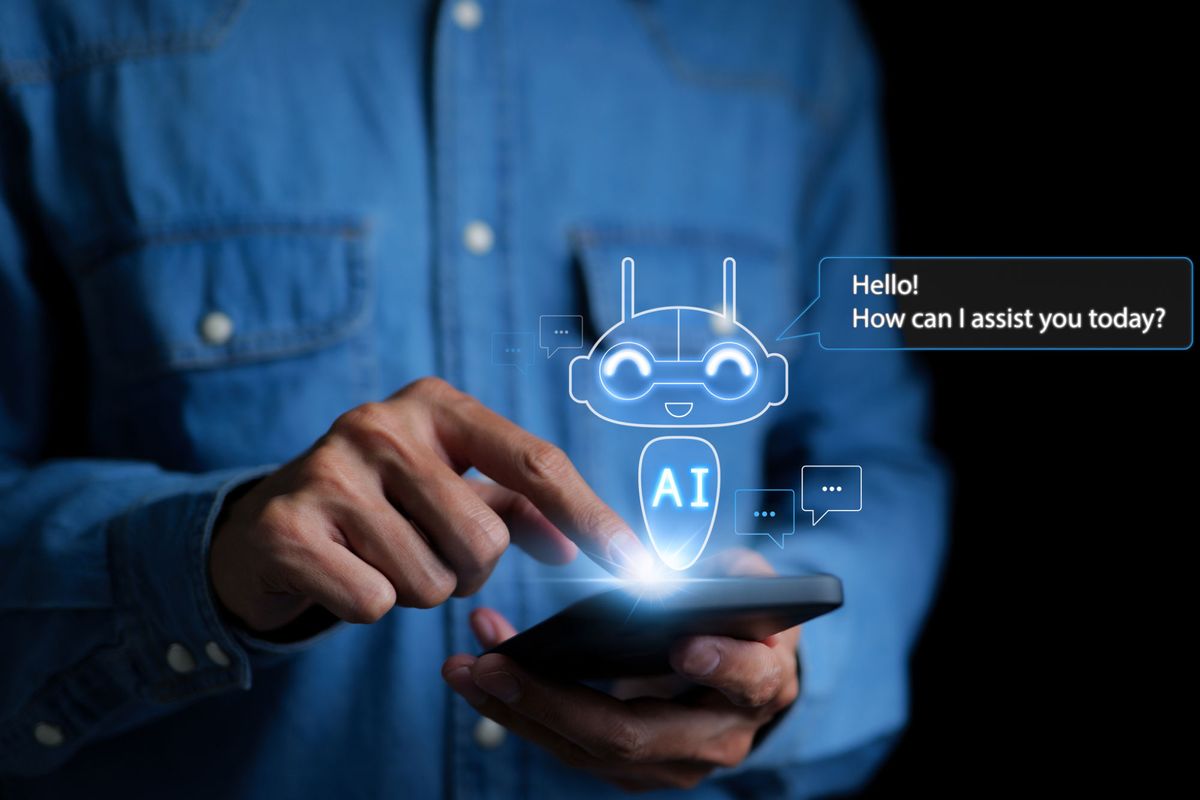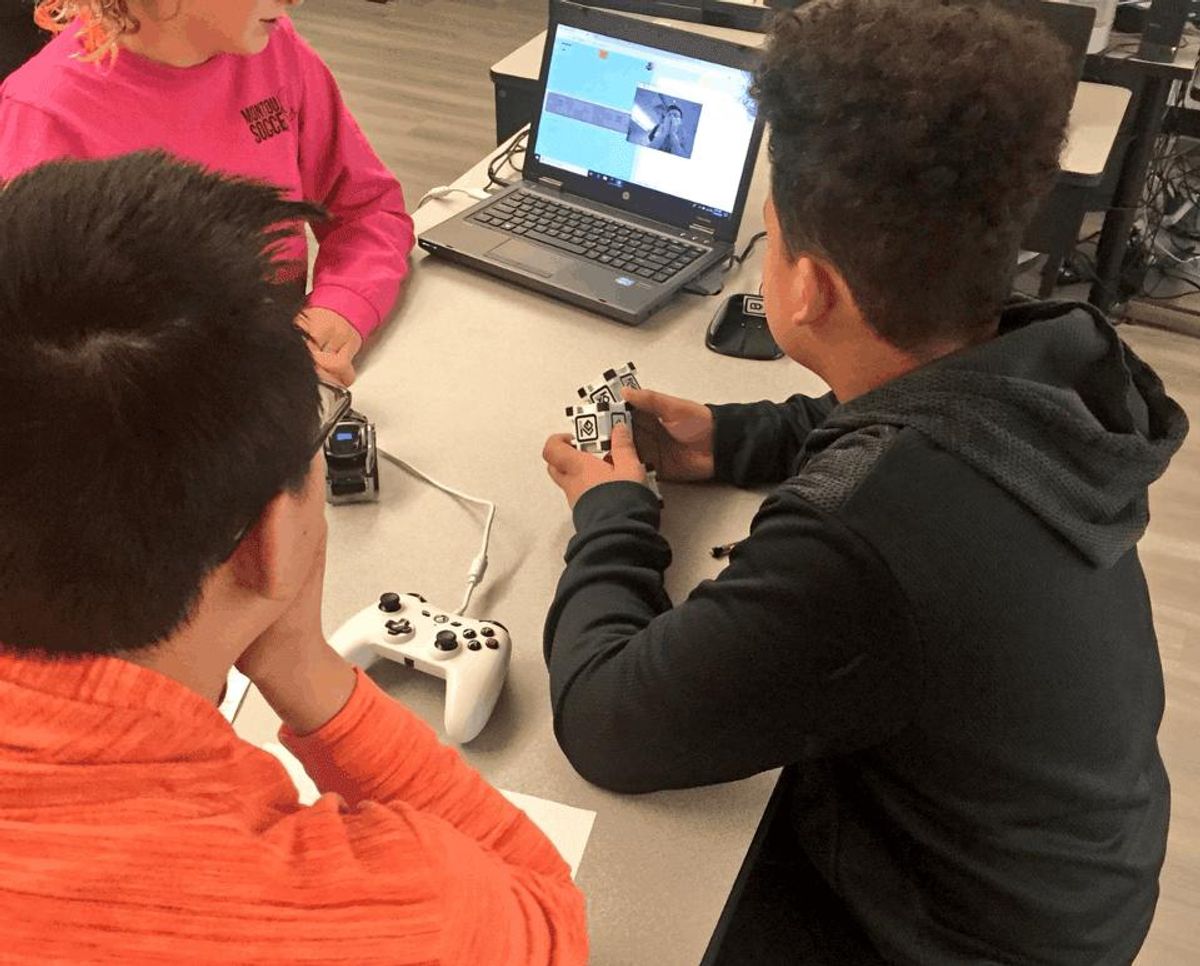The integration of AI agents in online universities is not just enhancing the educational experience but also reshaping the administrative landscape. From streamlining course selection and enrollment to personalizing learning and optimizing schedules, AI technologies are at the forefront of a transformative shift in online education. This article explores five innovative ways in which AI agents are revolutionizing the process, ensuring that students receive a more tailored and efficient educational journey.
Key Takeaways
- AI chatbots are revolutionizing administrative communication by handling a wide array of student queries, facilitating smoother course selection and enrollment processes.
- Intelligent Tutoring Systems (ITS) offer personalized feedback and guidance, enhancing the learning experience by adapting to individual student needs.
- AI-driven personalized learning experiences ensure each student's educational content is tailored to their unique strengths and weaknesses, promoting effective and inclusive education.
- Grading and assessment tools powered by AI provide immediate feedback, allowing for quick identification of areas needing improvement and supporting a more personalized learning approach.
- AI applications in scheduling optimization are improving the allocation of educational resources, resulting in more efficient time management and better alignment with students' academic goals.
1. Administrative Chatbots

Administrative chatbots are transforming the way students interact with online universities. These AI-powered assistants are available 24/7 to address a wide array of inquiries, from enrollment procedures to specific course information. AI bots facilitate this process by guiding students through course selection, checking for prerequisites, and helping them create optimal schedules. This not only enhances the student experience but also significantly reduces the workload on administrative staff.
By automating routine tasks, administrative chatbots allow university staff to focus on more complex issues that require human intervention, thereby improving operational efficiency.
Here are some of the key benefits of using administrative chatbots in online universities:
- Instant response to student queries
- Reduction in administrative workload
- Improved accuracy in information dissemination
- Personalized assistance for course selection
The integration of natural language processing enables these chatbots to understand and respond to a variety of student needs, making them an indispensable tool in modern educational administration.
2. Intelligent Tutoring Systems

Intelligent Tutoring Systems (ITS) are revolutionizing the way students interact with educational content, offering a level of personalization previously unattainable. These systems provide real-time, individualized instruction and feedback, adapting to each student's unique learning pace, style, and understanding. ITS can pinpoint specific areas where a student may struggle and offer tailored support to overcome those challenges.
The impact of ITS on student performance can be summarized in the following points:
- Adaptive learning paths that adjust to individual needs
- Immediate feedback on assignments and quizzes
- Customized practice exercises to reinforce learning
- Analysis of student data to identify learning patterns
By leveraging the power of AI, Intelligent Tutoring Systems are creating a more efficient and effective learning environment, enabling students to maximize their academic potential.
The integration of ITS into online universities not only enhances the learning experience but also supports instructors by reducing the time spent on administrative tasks. This allows educators to dedicate more resources to developing course content and engaging with students on a deeper level.
3. Personalized Learning Experiences

The advent of AI in online universities has brought about a revolution in personalized learning experiences. AI's capacity to sift through extensive data on student learning behaviors and outcomes is pivotal, enabling a tailored educational journey. By pinpointing individual strengths and weaknesses, AI facilitates the design of custom curricula that adjust to each learner's speed and style. This method ensures that all students can reach their utmost potential, fostering a more inclusive and effective educational environment.
The promise of AI in education extends to the potential for more decentralized learning structures. Students may benefit from individualized learning pathways that cater to their unique needs and preferences, which could diminish the dependence on traditional, centralized educational models.
The impact of AI on course selection and enrollment is not just about customization but also about accessibility and efficiency. Here's how AI is enhancing the online learning experience:
- Automating administrative tasks to streamline the enrollment process.
- Delivering data-driven insights to guide students in choosing the right courses.
- Adapting learning materials to fit the learning curve of each student.
- Facilitating project-based and experiential learning for practical understanding.
As we prepare for the next wave of educational innovation, AI stands at the forefront, ready to transform how we learn, teach, and grow.
4. Grading and Assessment

The advent of AI in education has brought about significant changes in grading and assessment practices. AI tools are now capable of grading assignments and assessments with remarkable efficiency, providing immediate feedback to students. This not only streamlines the process but also supports personalized learning by quickly identifying areas where students may need additional help.
One such tool revolutionizing the grading process is Gradescope. It automates the grading of various types of assignments and exams, offering quick and accurate feedback. Here's how Gradescope stands out:
- Automates the grading process
- Handles multiple assignment types
- Provides quick feedback
- Offers insights into student performance
While AI grading systems like Gradescope save valuable time for educators, they are not without limitations. AI can make mistakes, and therefore, a teacher's oversight remains crucial. The integration of AI in grading does not eliminate the need for human judgment but rather complements it, ensuring a more efficient and fair assessment process.
AI grading systems are enhancing the educational experience by providing timely and personalized feedback, but the role of educators in reviewing and providing context remains indispensable.
5. Scheduling Optimization

AI-driven scheduling optimization is transforming the way online universities manage their course offerings and student enrollments. Efficient algorithms are now capable of handling complex scheduling tasks, ensuring that classes, resources, and extracurricular activities are coordinated seamlessly. This not only reduces the administrative burden but also maximizes the use of available resources.
With AI, scheduling conflicts are minimized, and students can enjoy a more flexible learning environment that adapts to their individual needs and preferences.
AI systems excel in intelligent resource management, which includes the allocation of classroom space and materials. This is particularly beneficial for online universities where the optimization of digital resources is crucial. By analyzing data on course popularity and student performance, AI can predict and adjust resource allocation to meet demand.
Here's an example of how AI can optimize a typical course schedule:
This level of scheduling precision ensures that students have access to the courses they need when they need them, without the frustration of overbooked classes or conflicting timetables.
Conclusion
The integration of AI agents in online universities is not just a trend; it's a transformative movement that is reshaping the educational landscape. From personalized learning experiences that adapt to individual student needs to the automation of grading and administrative tasks, AI is enabling a more efficient, inclusive, and effective educational system. As AI continues to evolve, its potential to enhance both learning and teaching experiences is boundless. The future of education is here, and it is intelligent, adaptive, and ready to support students and educators in their pursuit of knowledge. Embracing AI in education means unlocking a world where every student has the tools and support they need to succeed, and where educators can focus on inspiring and guiding their students towards their goals.
Frequently Asked Questions
How are AI agents improving course selection for online universities?
AI agents are leveraging data analytics to recommend courses that align with students' interests, career goals, and academic history, making the course selection process more efficient and personalized.
What role do administrative chatbots play in online education?
Administrative chatbots assist with enrollment queries, provide instant responses to student questions, and streamline communication, freeing up time for educators to focus on teaching.
How do intelligent tutoring systems enhance online learning?
Intelligent tutoring systems offer personalized guidance and feedback, adapt to individual learning styles, and provide additional resources to help students understand complex topics.
In what ways is AI transforming grading and assessment for online courses?
AI is automating the grading process, offering quick and consistent feedback, and identifying areas where students may need further assistance, thus supporting personalized learning.
What is personalized learning, and how does AI contribute to it?
Personalized learning tailors educational content to individual student needs. AI analyzes learning habits and performance to create customized curriculums and improve learning outcomes.
How does AI optimize scheduling for online university courses?
AI uses predictive analytics to optimize course schedules, ensuring that classes are available at convenient times for students across different time zones and managing classroom resources efficiently.



